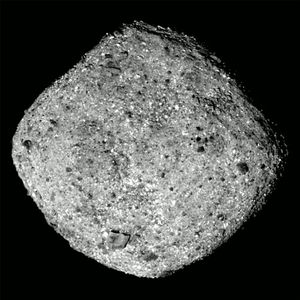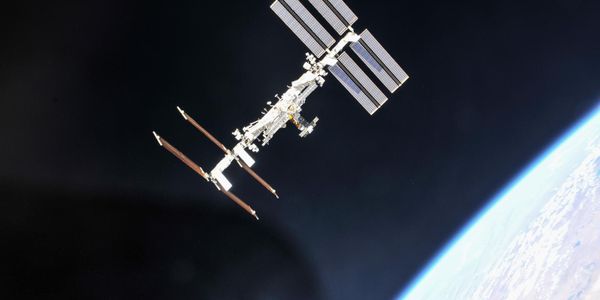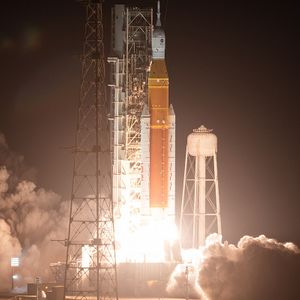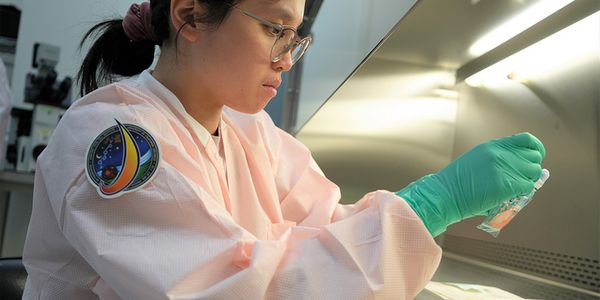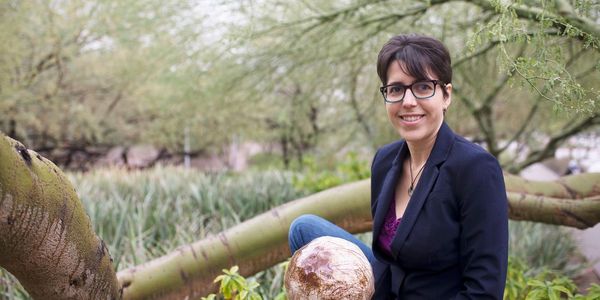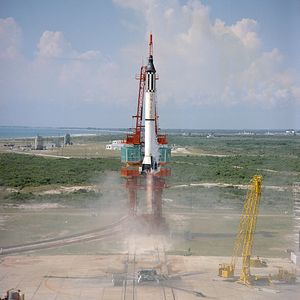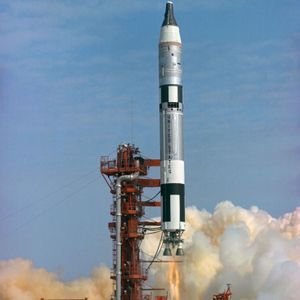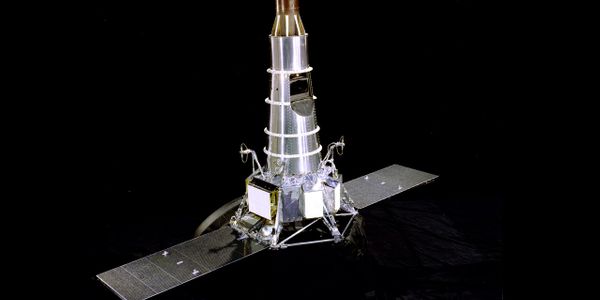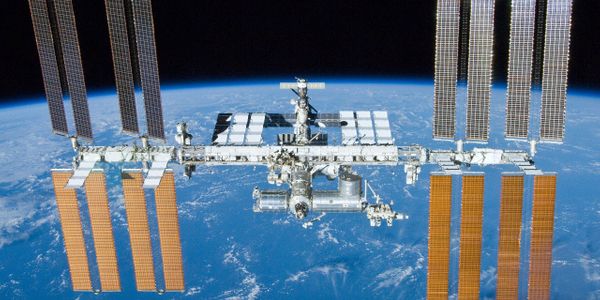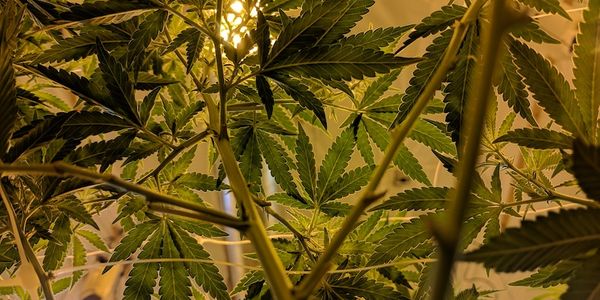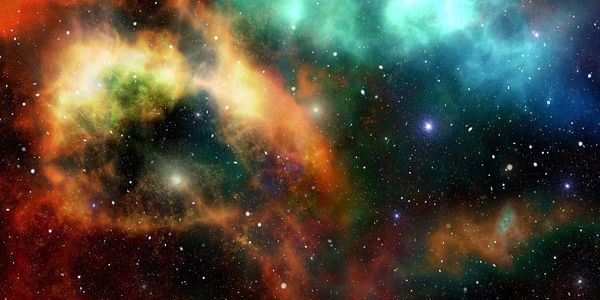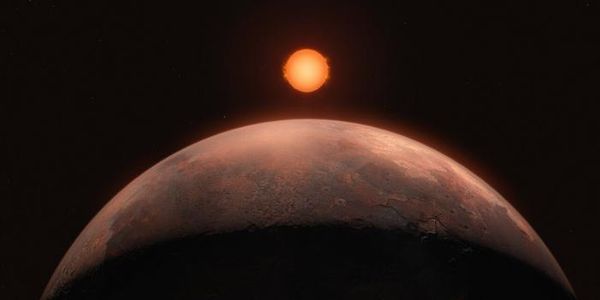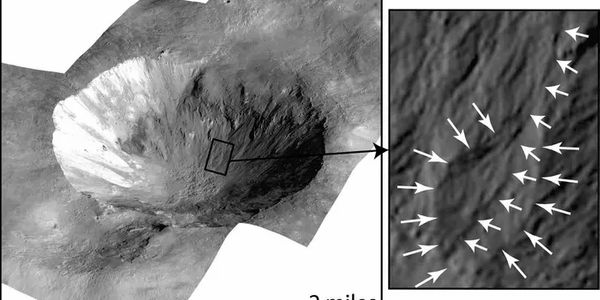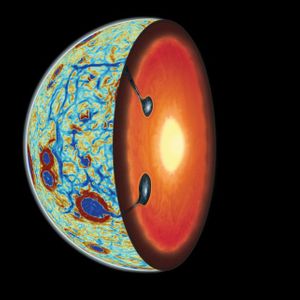Showing 6374 Results
SEARCH
Webinars
(18)
Virtual Events
(15)
Trending News
(813)
Content Tags
(3)
Users
(5435)
Scientific Products
(90)
-
SEP 15, 2019MicrobiologyAntibiotic resistant bacteria are considered a major threat to public health and is expected to get more serious. Drug-resistant bacteria were once found p
-
Following a two-year journey through our solar system, NASA’s Origins, Spectral Interpretation, Resource Identification, Security-Regolith Explorer (
JAN 09, 2019
Microbiology
Microorganisms that end up on the International Space Station (ISS) just do their best to survive, researchers at Northwestern University have found. The
APR 02, 2015
Space & Astronomy
NASA's groundbreaking science mission to retrieve a sample from an ancient space rock has moved closer to fruition. The Origins Spectral Interpretation Res
NOV 08, 2023
Space & Astronomy
A recent study published in The Astrophysical Journal Letters discusses a groundbreaking discovery using the Mid-Infrared Instrument (MIRI) onboard NASA&rs
After years of setbacks and delays, NASA’s much-lauded Space Launch System (SLS) carrying the uncrewed Artemis 1 mission lifted off in spectacula
MAY 28, 2023
Space & Astronomy
The Axiom-2 mission is currently docked at the International Space Station (ISS) and due to return to Earth on May 31. Axiom-2 is not only the second priva
OCT 08, 2021
Microbiology
Bacteria that grow in colonies can be extremely difficult to eliminate; the bacteria in these groups often become resistant to drugs or antimicrobials. Kno
MAR 21, 2022
Space & Astronomy
Jupiter, the fifth planet from the Sun – The Majestic Planet, with its massive size, swirling multi-colored clouds, and giant red spot, it’s ha
MAR 08, 2022
Space & Astronomy
Dr. Alyssa Rose Rhoden is a Principal Scientist within the Planetary Science Directorate at the Southwest Research Institute (SwRI) in Boulder, Colorad
Venus, the second planet from the Sun – The Deceptive Planet. Often known as the “morning star” and “evening star” due to its

